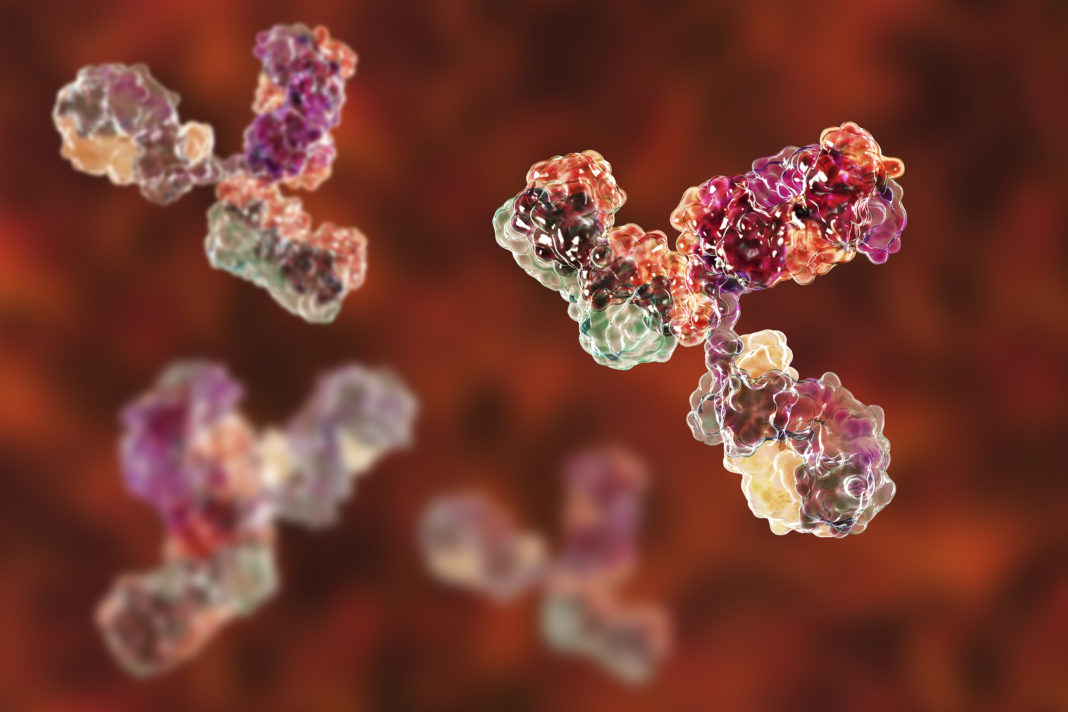Natural antibodies are an amazing design of nature. Our immune system produces proteins of unique structure to bind specifically to incoming foreign agents and protect
our body from exogenous invaders. Human ingenuity takes the lesson from nature, turning antibodies into one of the most useful and versatile types of tools for life science research, clinical diagnostics, and even therapeutics. The impact of antibodies has dramatically expanded with recent advancements.
SPECIFICITY! SPECIFICITY! SPECIFICITY!
When an antibody is used in a research application or clinical tests, one of the essential features to be critically evaluated is its specificity. Specificity addresses whether the antibody can uniquely bind its intended target while ignoring other similar targets. Promiscuous binding of antibodies can cause misleading results in research and erroneous diagnoses of clinical tests.
So, how then do we make antibodies with high specificity? One of the solutions is to use an extremely unique immunogen. While synthetic peptides are commonly used as immunogens for quick antibody generation, they tend not to recapitulate the 3D structure or post-translational modifications of the native protein. Antibodies generated against such immunogen can fail to recognize native proteins. Additionally, synthetic peptides do not carry post-translational modifications and, therefore, can miss critical epitopes.
On the other hand, full-length proteins made from human cells are the best immunogen to generate highly specific and functional antibodies that recognize native protein targets. This is precisely what OriGene offers—as our TrueMABs are mouse monoclonal antibodies made using full-length human proteins expressed in a human cell as the immunogen. Although this is a slower and more expensive way to make antibodies, we believe this is the method that produces a higher quality, more specific antibody. OriGene has accumulated over 12,000 TrueMABs, and assay developers are discovering new benefits of using TrueMABs all the time.
UltraMAB is a subset of TrueMAB that has gone through rigorous specificity testing: a hybridization test using a microarray chip of 17,000 proteins. Those antibodies that are proven to bind only to their intended target and nothing else can be qualified for UltraMAB.
Thanks to advanced biomedical engineering, scientists can swiftly create designer antibodies with desired features. When the COVID-19 pandemic started, scientists quickly generated human antibodies specific for the virus spike protein—which binds to ACE2 and initiates viral entry into the host cells. Such antibodies can be used to neutralize the virus and serve as a potential treatment option. Moreover, researchers can even create antibody-like proteins that don’t exist in nature, such as bi-specific antibodies often used as cancer therapeutics.
In this eBook, you will read about the fascinating ways bioengineering has changed how antibody molecules are applied to research and the clinical world. Despite all the changes, specificity remains the core value determinant of an antibody, albeit naturally or recombinantly made.


